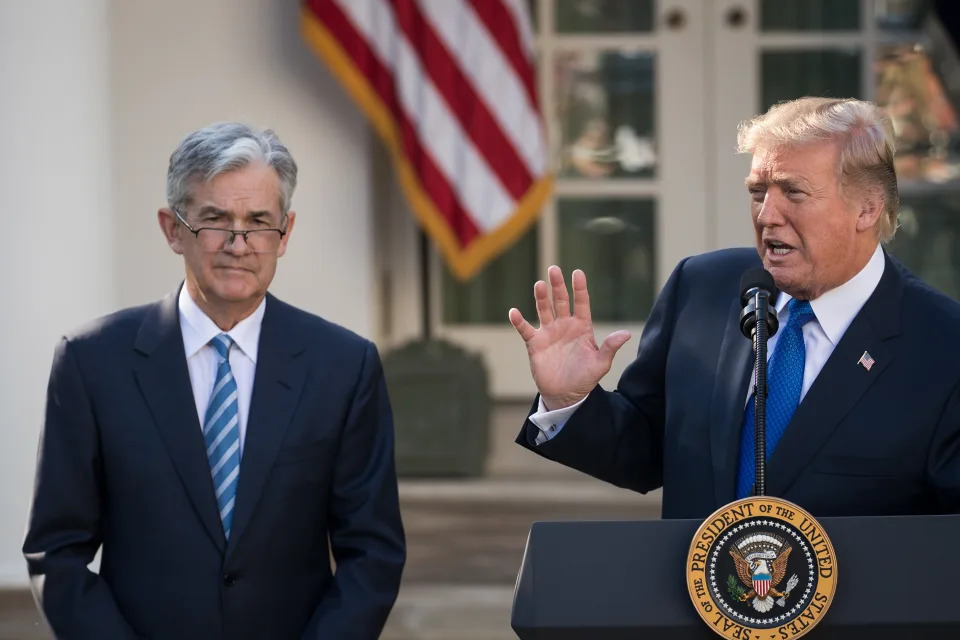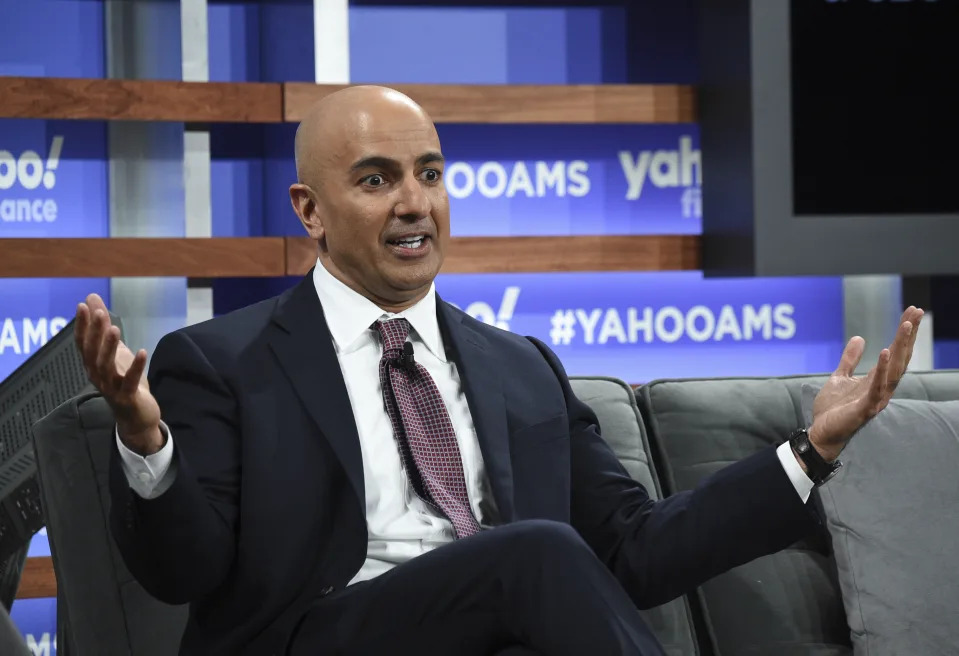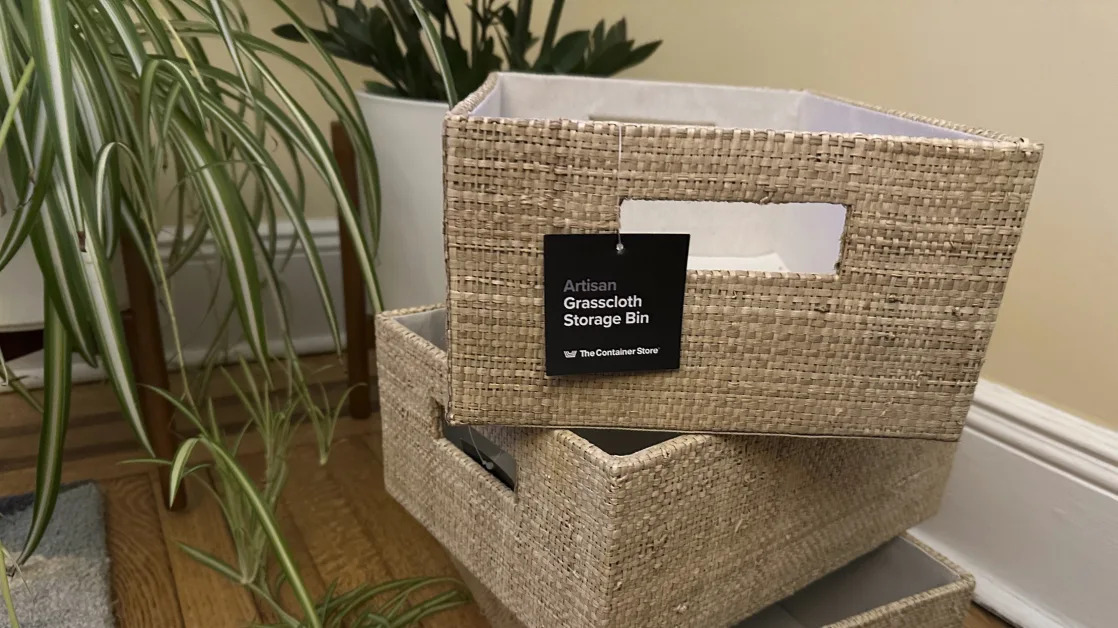Donald Trump downplayed his prior assertion that a president should have "a say" in setting interest rates, a comment that set off a debate between the two presidential campaigns about the independence of the Federal Reserve.
"I think it’s fine for a president to talk," the Republican presidential candidate told Bloomberg in an interview Monday . "It doesn’t mean that they have to listen."
“A president certainly can be talking about interest rates because I think I have very good instincts. That doesn’t mean I’m calling the shot, but it does mean that I should have a right to be able to talk about it like anybody else.”
The new comments come less than two weeks after Trump — in response to a question about the US central bank interest rate policy and the prospects of an economic soft landing — made it clear he wanted to have a "say" on rates if reelected.

"I feel the president should have at least a say in there, yeah, I feel that strongly," he said on Aug. 8 during a press conference at his Mar-a-Lago estate.
To some Fed watchers, those comments raised the prospect that the Republican nominee could seek to reduce the independence of the central bank if he wins in November.
It also elevated the Fed as a campaign issue, with some economic experts warning that political interference in monetary policy was a bad idea.
First, Vice President Kamala Harris responded by stating, "The Fed is an independent entity, and as president, I would never interfere in the decisions that the Fed makes."
Then, Trump's running mate JD Vance in a CNN interview said that the former president had said something "really important and actually profound" and that monetary policy "should fundamentally be a political decision."
The Biden White House has often highlighted Fed independence as a way to send a message to Wall Street that a return of Trump to the Oval Office could spook markets.
Some of Trump's defenders, including former adviser Stephen Moore, have responded by suggesting "Washington and Wall Street are hyperventilating" over the comments while suggesting price rules should instead be used to set interest rates.
A September cut
The political glare on the Fed and Chairman Jerome Powell is likely to only increase, with the central bank seemingly poised to cut rates at its next meeting on Sept. 17-18 as long as inflation continues to moderate.
A handful of Fed officials in recent days have made it clear they view September as a likely pivot point when the central bank makes its first rate cut in more than four years.
Minneapolis Fed president Neel Kashkari, one of the most hawkish members of the central bank, told the Wall Street Journal Monday that he would be open to lowering rates at the September policy meeting as the job market softens and the balance of risks shifts away from inflation.
While Kashkari still sees a measured pace for cutting rates at this juncture, he said the Fed could speed up the pace if the job market weakens.

San Francisco Fed president Mary Daly and Atlanta Fed president Raphael Bostic have also hinted that they could give the green light in September.
Bostic told the Financial Times that he is "open" to an interest rate cut next month, warning that the Fed can’t "afford to be late" to cut rates as the job market cools. Meanwhile, Daly told the same publication that it’s time to consider adjusting borrowing costs.
And St. Louis Fed president Alberto Musalem said last week "the time may be nearing" for the central bank to cut interest rates, saying the latest inflation readings had increased his confidence inflation is returning to the Fed’s 2% target.
But Fed Governor Michelle Bowman said Tuesday sounded a more hawkish tone than the recent bunch. While she pointed to progress on lowering inflation since April as a “welcome development, she said inflation is still uncomfortably above the Committee’s 2 percent goal.”
Still Bowman said she expects inflation will drop further and that if more data continue to show inflation moving down it will be appropriate to gradually lower rates.
“Should the incoming data continue to show that inflation is moving sustainably toward our 2 percent goal, it will become appropriate to gradually lower the federal funds rate to prevent monetary policy from becoming overly restrictive on economic activity and employment," Bowman said.
But she says the Fed needs to be patient and avoid undermining continued progress on lowering inflation by overreacting to any single data point.
Markets have priced in all but certainty the Fed will cut rates next month. The question is whether it will be a quarter point or half point cut. The determining factor for that likely hinges on the next jobs report due out Sept. 6.
Powell will have his chance to offer any updates or guidance this Friday when he speaks at the Kansas City Fed’s annual economic symposium in Jackson Hole, Wyo.
A September rate cut, if it happens, could cause political criticism from Trump and other Republicans who will be sure to cast the move as caving to election year pressure.
In an interview with Bloomberg published last month, Trump again reiterated that central bank officials should not ease monetary policy before the November election.
"It's something that they know they shouldn't be doing," Trump said.





